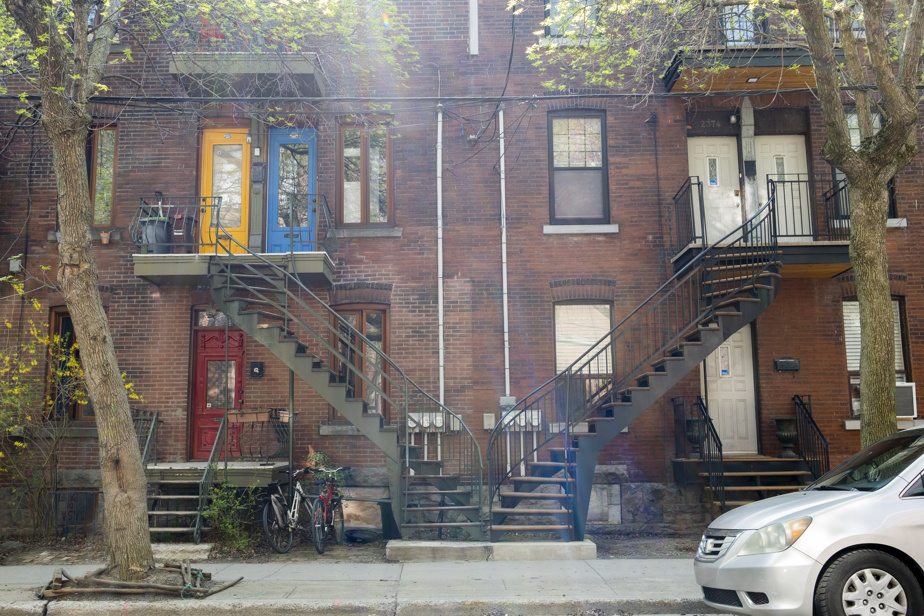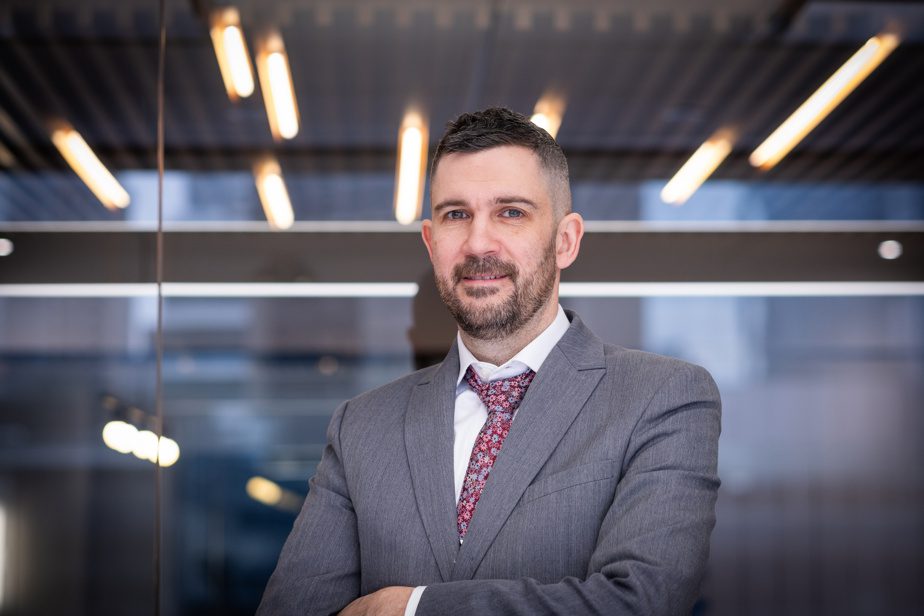
Retirement is an insecure moment: you always wonder if you'll have enough money. But when your situation is promising, you have to learn to stop worrying sometimes and take advantage of what you have been able to gather in your working life.
situation
Judith*, 65, is retired and has a Retirement Plan for Employees through Government and Public Bodies (RREGOP). Single, she is the mother of three children and has two grandchildren. She will soon sell the triplex she lives in for $600,000. His mortgage is $166,000 at 2.72% interest and it matures next year. She expects to pay about $24,000 in taxes on the transaction.
The new house Judith purchased cost $336,000. She plans on receiving, moving, notary fees, transfer taxes and about $15,000 for new furniture and appliances.
With the mortgage on his triplex at $280 per week, his annual expenses are $47,000. She estimates her budget will be $3,000 short in 2024 because of taxes and other expenses.
Many questions arise in the mind on the occasion of this great change. First, she wonders if she should transfer the mortgage from her triplex to her new home. Then, in good health, she believes she will reach 100 and wonders if she has enough assets to live comfortably until that age. To minimize the risks, she is considering waiting until age 70 to apply for her Old Age Security (OAS) and Quebec Pension Plan (QPP) pensions. She is also considering taking out a $100,000 life annuity now to protect her income.
numbers
Judith*, 65 years
- RREGOP: $15,746 in gross annual income
- QPP: $731 per month at age 65
- RRSP: $289,000, balanced portfolio ($8,000 in unused contribution room)
- RRSP: $23,000, in favor of Solidarite to FTQ
- Tax-Free Savings Account (TFSA): $109,000, balanced portfolio
- Non-registered investments: $160,000, fixed income
- Guaranteed Investment Certificate: $5,000
advice
If Judith is asking herself too many questions, the first thing to do, according to Simon Prefontaine, a financial planner at Lafond Services Financiers, is to do a retirement projection. To do this, he assumes that she is applying for her OAS and QPP pensions immediately and that she is not taking out a mortgage, so that she will have about $59,000 left over to invest after she buys the house. He also assumed that Judith would live for 100 years, that inflation would be 2.1% per year, and that the return on her investments would be 4.5%.
“Judith could spend $54,000 a year until age 100, but if we subtract $3,000 in mortgage and taxes and expenses today, Simon Prefontaine estimates her living expenses would be $30,000. That's a big difference. Plus, she'll be leaving her children an inheritance of a paid-off house. »
Reduce your tax bill in 2024
Judith doesn't have to worry about running out of assets, but the financial planner draws her attention to the importance of reducing her tax bill this year, since the sale of her triplex will increase her taxable income.
“It's important that she use her $8,000 in unused RRSP contribution room for 2024,” he says.

Photo by Charles William Pelletier, special contribution
Simon Prefontaine is a financial planner at Lafond Services Financiers
Additionally, Simon Prefontaine considered that the taxes she owed after selling her triplex were $24,000, but he suspected the amount could be higher. “Ideally, she would ask her accountant to do the math,” he advises.
Also, for his non-registered investments, he advises him to look into corporate mutual funds or other similar instruments designed to minimize tax payable on future returns, if he has not already done so.
Apply for your government pensions
For the OAS pension and the QPP pension, in general, for someone who expects to live to be 100, Simon Prefontaine is sure to say it's a good idea to apply for them at age 70. .
“But, in Judith's case, it's different because even if she asks them at 65, she already has a lot more money than she can spend per month,” he explained. And there's still the risk that she won't live long, meaning she'll have drawn more from her assets and left less for her children and grandchildren. For this reason, I tend to tell him to ask for them now. »
With these pensions and RREGOP, she already has a very guaranteed income every month. “So, she didn't need a life annuity, but if she really wanted one, she could certainly afford it,” says Simon Prefontaine. She can get advice on various products from her financial security advisor. »
Free yourself from the mortgage
Now let's look at the mortgage. “Of course, Judith could ask to transfer her mortgage to the new house, but perhaps her financial institution will charge her fees,” suggests Simon Prefontaine. All this, for a $166,000 mortgage at 2.72% interest per year. And she has to pay her notary. We have to calculate if it is really worth it. »
Judith may also decide on a larger mortgage, say $250,000.
“In this case, she becomes a more interesting client for a financial institution that can pay a notary,” says the financial planner. However, this mortgage loan reduces his inheritance, but allows him to benefit more from the fruits of his labor. However, I'm not of the opinion that Judith would make this choice, as I think she would have trouble spending what she already has if she didn't take out a mortgage. »
So he advises him not to take a mortgage loan, but to look into mortgage loans. “Judith doesn't have to use it if she doesn't need it, but it's a way to protect her from cheating,” says Simon Prefontaine. Homes without a legal mortgage are at greater risk. She will probably pay a fee to have a home equity line of credit, but she should think of it as an alarm system on her home. »
Make his dreams come true
However, many optimization strategies could allow Judith to collect more money, but in Simon Prefontaine's view this is not very important. “She could afford $24,000 more a year,” he says. That's a lot for her, whose current cost of living is around $30,000. »
As a financial planner, he puts her in front of her, what are her goals, what are her dreams? “Does she want to travel?” Are their children facing some difficulties? Want to help them while she lives? Does she also want to directly help her grandchildren? She can do it all. »
He also calculated that she could spend an unrecorded $160,000 now and have $48,000 a year until age 100.
“The biggest piece of advice I have for her is to make an appointment with a financial planner to discuss what's important to her and what she wants to do in the coming years.” She should stop worrying and enjoy what she has accumulated. »
* Although the case highlighted in this section is real, the first name used is fictitious.





